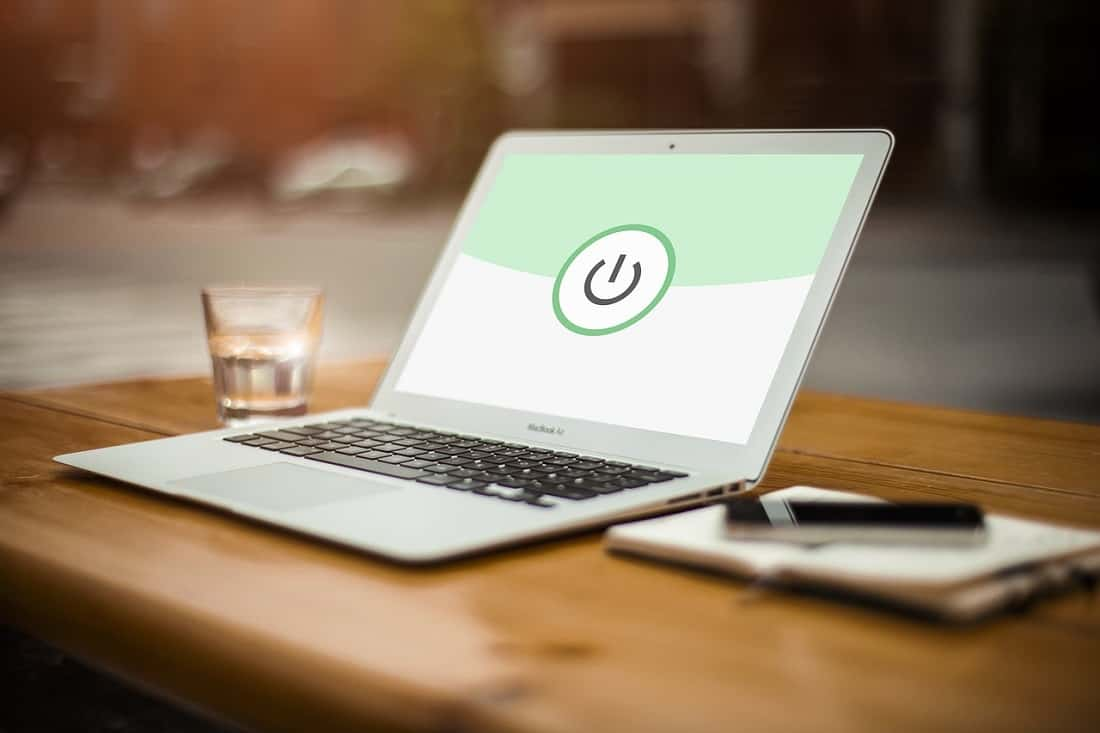Top 3 reasons you need a VPN for your Mac 2024!
Using a VPN on a Mac can help protect your online privacy and security by encrypting your internet traffic, preventing others from intercepting or snooping on your data.

It’s widely believed that Macs don’t need antivirus software, and it’s true that Apple systems are targeted less often by malware creators and are better able to defend themselves when they are under attack.
But does that ring true for VPNs as well? Absolutely not. VPNs are just as useful on the Mac as on Windows.
This article covers all the VPN basics you need to know. We list the three most important benefits provided by this technology and explain why we would advise all Mac owners to add a good-quality VPN to their digital armory. We also recommend a specific VPN service that will fulfill all your requirements.
What is a VPN?
VPN stands for virtual private network. It’s your very own connection to the internet: all the data that travels between your Mac (and your iPhone and iPad too) and the internet goes via the VPN Secure Tunnel, which encrypts the data so it cannot be stolen by identity thieves, hackers, your ISP, the government, law enforcement or anyone else.
Using a VPN – which is as simple as installing an app and logging in – makes you effectively invisible on the web. Your browsing activity, online purchases, personal messages, passwords, identity, location, and even IP address are hidden from others. This provides a wide range of benefits.

Privacy
Online privacy is a huge issue right now, and most internet users are aware on some level that they are being tracked. But many do not appreciate that, if you’re not using a VPN, pretty much everything you do on the internet these days is recorded: the sites you visit, the products you buy and even the emails you send and receive.
Many of these things are deeply personal and would be embarrassing if they were disclosed to a wider audience. Having access to your personal data and online activities would also make it easy for an identity thief to impersonate you and get access to confidential accounts. Regardless of your reasons for wishing to protect your privacy, a VPN will prevent anyone from spying on you.
Security
Aside from identity theft, which we’ve already discussed, there’s also the issue of passwords. Because it’s hard to remember multiple complex passwords, and because websites are so strict about including special characters, numbers and upper- and lower-case letters, many of us end up relying on the same password across all the sites we use. But this is dangerous.
Most of us would know not to log into a banking website on unsecured public Wi-Fi. But even logging into an innocuous site carries risks, because a hacker could intercept your password for that site and then use it on others. A VPN prevents this from happening.
Browse from the country of your choice
Here’s the third and final major benefit of using a VPN: you can tell the internet that you’re browsing from whichever country you like, and it won’t know the difference. This is incredibly useful.
Let’s say you’re on holiday, but want to go online to watch catch-up TV or check the sports scores. Ordinarily, the sites you visit would be able to tell where you are, which leads to small irritations (adverts in French) and major inconveniences (some online services won’t be available). A VPN can change your geographic location so you can have the same internet experience you get at home.
The same thing works in reverse. If you’re at home but wish you were browsing from somewhere else you can achieve that too. This is frequently useful for UK users of TV streaming services who want to access the US library of shows or vice versa.
Why you should choose ExpressVPN
We’ve explained why Mac users should use a VPN. But that leaves one obvious question: which one?
The choice can be baffling. But there are particular features – and limitations – that you should look out for. Free VPNs, for instance, tend to offer limited connection speeds and will throttle this still further when you go past your data allowance. They may also allow you to connect only a couple of devices at once.
ExpressVPN, on the other hand, lets you connect up to ten devices, and offers high connection speeds thanks to intelligent routing. It has a huge number of servers – more than 1,100 across 60 countries – and owns these itself, rather than renting from another company as some VPN services do, which means it can guarantee your privacy.
Reassuringly, ExpressVPN doesn’t keep a log of your activities. The firm’s easy-to-use Mac software and highly rated iOS app mean difficulties are unlikely to arise, but should they do, you can rely on 24/7 customer support to get things running smoothly again.
